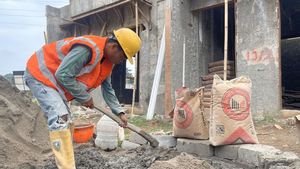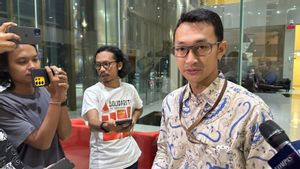JAKARTA - global cybersecurity firm Kaspersky reported blocking of more than 23 million gross attacks targeting businesses in Southeast Asia (SEA) during the first six months of 2024.
A bruteforce attack is a cybercriminal method to guess login information, encryption keys, or find hidden pages by trying all the character combinations to work, which can be used to steal data, spread malware, or hijack the system for malicious activity.
A total of 23,491,775 Bruteforce.Generic.RDP was detected and thwarted by Kaspersky B2B products installed in various companies of various sizes in the region from January to June 2024.
In these findings, Vietnam, Indonesia, and Thailand recorded the highest number of RDP attacks during the first half of this year, with more than 8.4 million, 5.7 million, and 4.2 million attacks, respectively.
Meanwhile, Singapore has more than 1.7 million incidents, the Philippines has more than 2.2 million, and Malaysia with the lowest number of gross attacks, which is more than 1 million attacks.
Although this is an old method, General Manager for Southeast Asia at Kaspersky Yeo Siang Tiong emphasized that businesses should not underestimate the bruteforce attack, as it is still relevant to the current situation in Southeast Asia.
This threat is still relevant to Southeast Asia because many companies use weak passwords to make it easier for attackers to succeed. In addition, the absence of multi-factor authentication (MFA) on RDP connections as well as RDP mismanage will also increase the success probability of a bruteforce attack, "explained Yeo.
SEE ALSO:
In fact, at this time, Yeo said that cybercriminals have started utilizing artificial intelligence (AI) to improve the capabilities of bruteforce attacks by automating the process of codeword manufacturing and testing, making it faster and more efficient.
The implications of corporate network breaches are much more severe. Companies can experience data breaches, or if the system is compromised, they face operational disruptions," he concluded.
The English, Chinese, Japanese, Arabic, and French versions are automatically generated by the AI. So there may still be inaccuracies in translating, please always see Indonesian as our main language. (system supported by DigitalSiber.id)

















